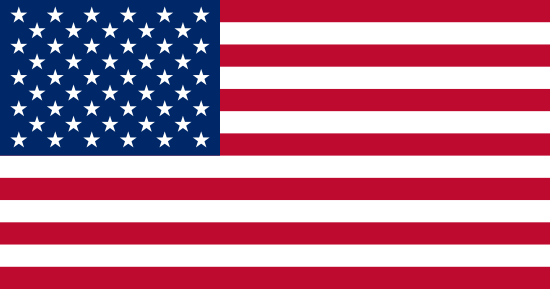
Health Insurance in USA (United States of America)
Information expatriation the USA
Capital City: Washington, District of Columbia
Total area: 9,629,090 km2
Population: 304,367,000 (2008)
Money: Currency Converter
Time Zone: List of time zones by country
Calling Code: +1 XXX
Practical Information:
BLOG : Information International Health Insurance USA
Here is a brief description of the healthcare system in the country:
· The US does not have a single payer universal healthcare system. It relies on a hybrid of public and private payers.
· Public insurance (Medicare, Medicaid) covers the elderly, disabled, low-income and some children. It accounts for approximately 45% of Americans.
· Around 28% obtain employer-sponsored private health insurance. 13% purchase private plans individually.
· The Affordable Care Act established health exchanges and mandates to expand coverage, especially for the pre-existing conditions population.
· Americans can access care at private clinics, physicians' offices, and hospitals which are available throughout most urban and rural areas.
· Primary care providers deliver initial medical care and may refer to specialists like OB-GYNs, cardiologists, surgeons etc.
· Major health issues include obesity, cancer, heart disease, diabetes, mental illness and injuries.
· High costs, inconsistent access, provider shortages, and disagreements over expanded government involvement continue to challenge the system.
· Regional variations exist in terms of provider availability, insurance limitations and public health resources.
Here are some key health considerations for expatriates living in the country:
· Purchase comprehensive private health insurance before arrival as public options generally don't cover non-citizens except emergency care.
· Make sure vaccination records are complete, especially for communicable diseases and anything recommended for the USA.
· Understand insurance coverage parameters like copays, deductibles, in-network vs. out-of-network providers and costs for prescriptions.
· Register with physicians/primary care providers within the insurance network as soon as able for routine and urgent care access.
· Bring extras of any maintenance medications plus copies of valid prescriptions in case refills are needed before establishing care locally.
· Road safety risks exist given high speeds, traffic volumes and variable enforcement. Drive defensively at all times.
· Air pollution levels, especially in large cities, may exacerbate respiratory issues like asthma. Be prepared.
· Healthcare costs without sufficient coverage are astronomical - confirm eligibility and coverage details thoroughly.
· Seek support groups for cultural adjustment challenges, homesickness or isolation that could impact mental health.
· Register location with home country embassy in case of emergencies requiring evacuation assistance.
